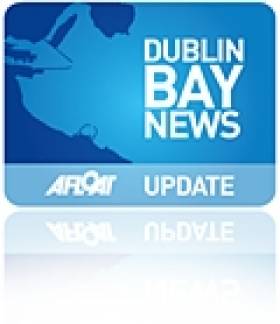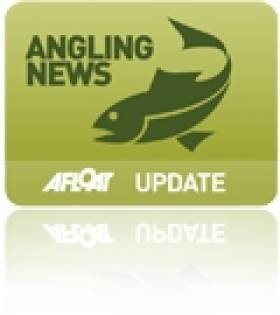Displaying items by tag: dumping
Plan to Dump Tunnelling Waste in Dublin Bay
#DublinBay - A report in this morning's Irish Times says many thousands of tonnes of tunnelling waste could be dumped in Dublin Bay, prompting environmental concerns.
According to the newspaper, Dublin City Council has published notice of a licence application to dump 824,000 tonnes of 'spoil' from the new Ringsend waste water treatment project at a site off Howth Head.
The council says that similar material has been deposited in the past near Burford Bank in centre of the bay, with no harm to the environment.
It also outlined in its licence application how it explored a number of possible alternatives - such as infill for engineering projects - which were eventually ruled out.
Meanwhile, independent councillor Mannix Flynn described the plan as "akin to landfill".
The Curragh Sub Aqua Club has also raised concerns about the potential impact on water visibility and marine wildlife.
The Irish Times has more on the story HERE.
Poaching a Problem in Cavan and Monaghan Say Anglers
Anglers in Cavan and Monaghan have launched a new organisation to stamp out what they argue is a growing wave of illegal poaching.
Members of the Lake Watch group told The Anglo-Celt at a recent meeting that a number of organised poachers are operating in the two counties.
The poachers are said to be laying out set lines, long lines and nets on dozens of lakes in a single operation, then quickly loading the fish into vans for removal.
Monaghan baliff Brian Byrne accused both Irish and Eastern European anglers of poaching, camping on lake shores and dumping rubbish.
The meeting also heard that a group of Dublin anglers lit a number of coal fires on a lake shore in Carrickmacross in a two-week period.
Lake Watch members have discussed numerous strategies to combat the poaching wave, including nightly patrols, van seizures and even setting up hidden cameras.
The Anglo-Celt has more on the story HERE.






























































